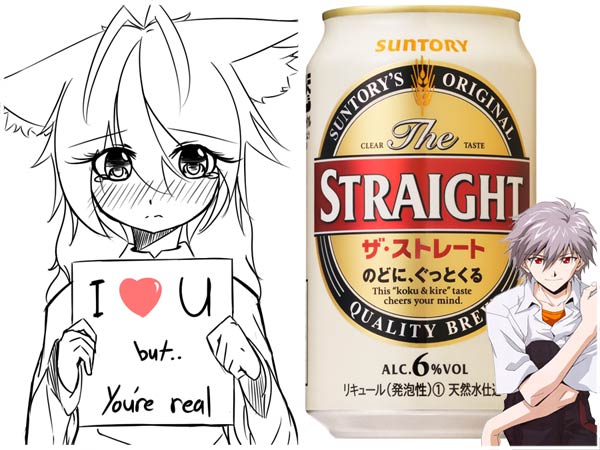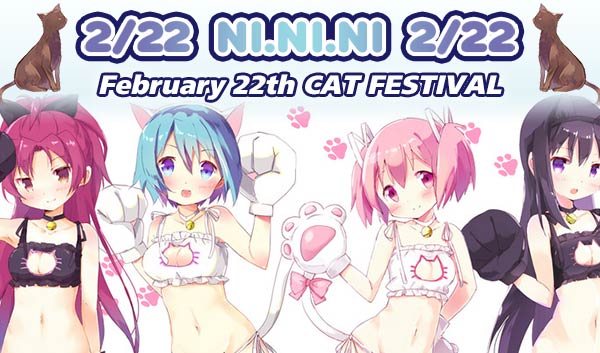One thing I like about animation as a medium is the way anything that can be conceived of can be shown, unlike, say, mainstream movies or television, which require high budgets and annoying corporate executives to tell a story. This separation from reality leads to impossible “anime physics” where girls can pull large bento boxes out of their clothes or fall in the most embarrassing way possible every time. Since anything can be animated, it’s fun to use our imagination to see what new story concepts we might come up with. Maybe some studio could create an anime answer to Toy Story or The Indian in the Cupboard in which anime figures are brought to life through some supernatural means, and their owner inadvertently discovers their secret and sets up a Figma-scale harem. Or a reality-bending idea in which anime characters create a new entertainment medium known as “live-action,” with the implication that world they’re watching is really our world, and it’s we who are the fictional creations, not them. What other silly ideas can you come up with? Post them to the J-List Facebook page!
Japanese has three writing systems: a syllable-based system for expressing basic grammar units (hiragana), another for writing foreign loan words and names (katakana), plus kanji, which carries the actual meaning of sentences. There’s an unofficial fourth writing system, English, which the Japanese often use to decorate their language or make themselves sound “cultured ” in the same way an English speaker might turn to French to give his writing a certain je ne sais quoi. One word that’s used in marketing a lot is “the” (pronounced ザ za), and there are dozens of products ranging from Meiji The Chocolate to House The Curry to the curiously named Suntory The Straight that use this word. One thing that’s funny about living in Japan is how often Japanese know more English grammar than native speakers. The other day I wondered aloud at why we sometimes say “thee” and sometimes “thuh,” and my wife informed me it has to do with whether the following noun starts with a consonant (“the beginning”) or a vowel (“the end”).
You probably know that the Japanese love cats, but guess what? Today (February 22nd) is Cat Day, which means J-List has an extra awesome helping of cat-related products for you. Whether it’s hand cream that smells like a cat’s paw or forehead, or cute cosplay items, you should browse now!

















